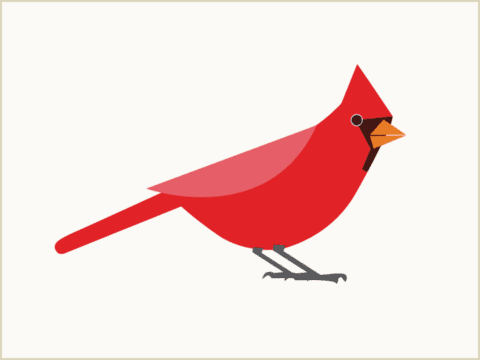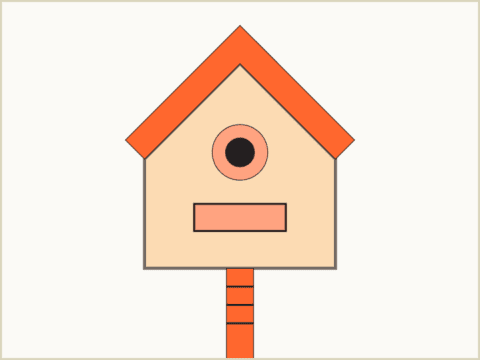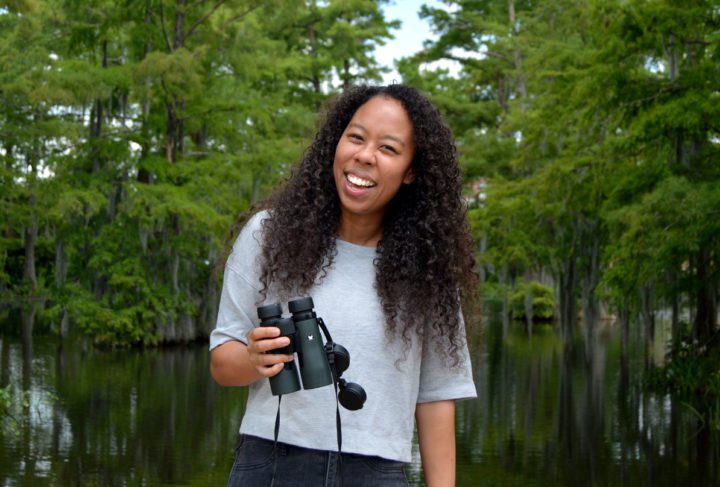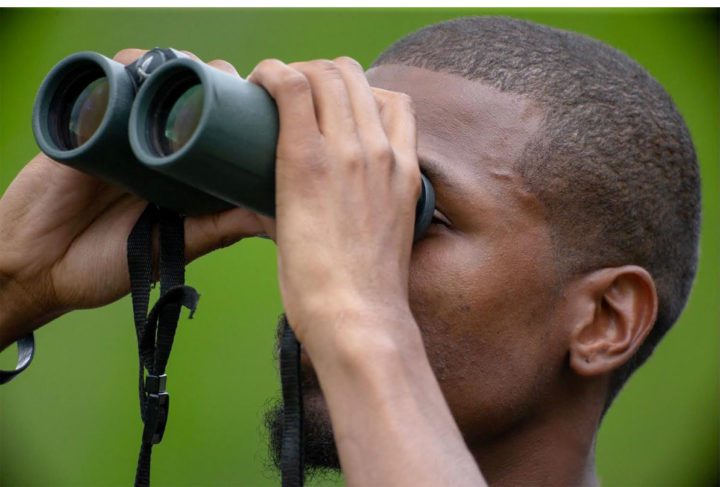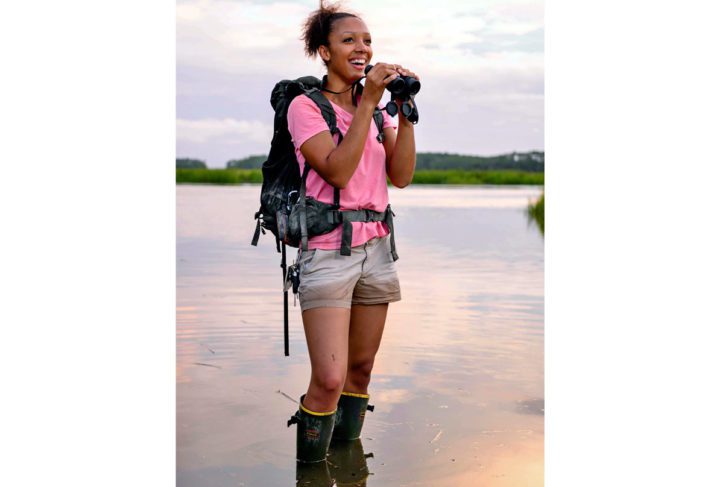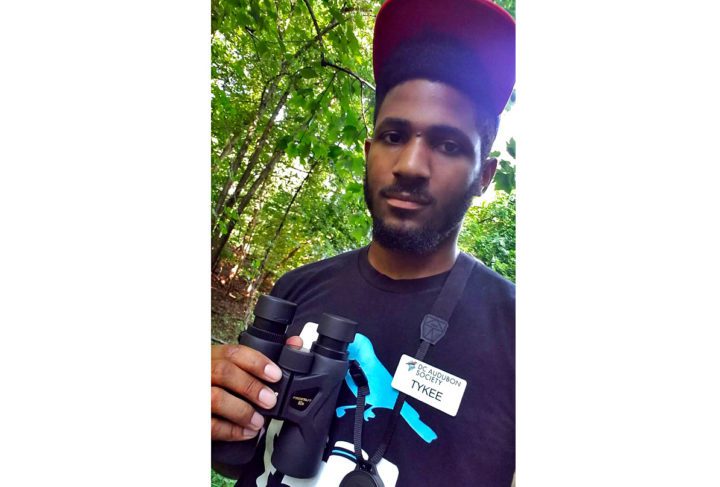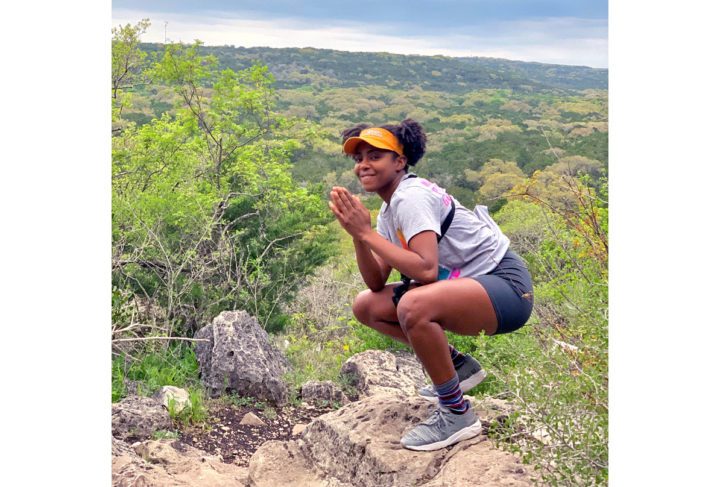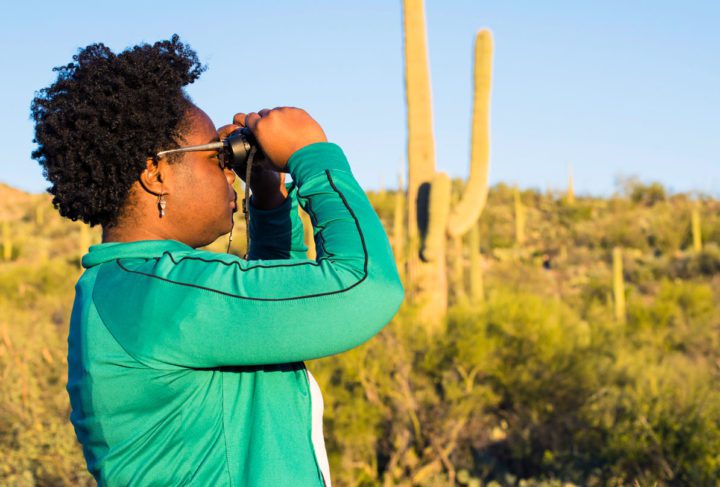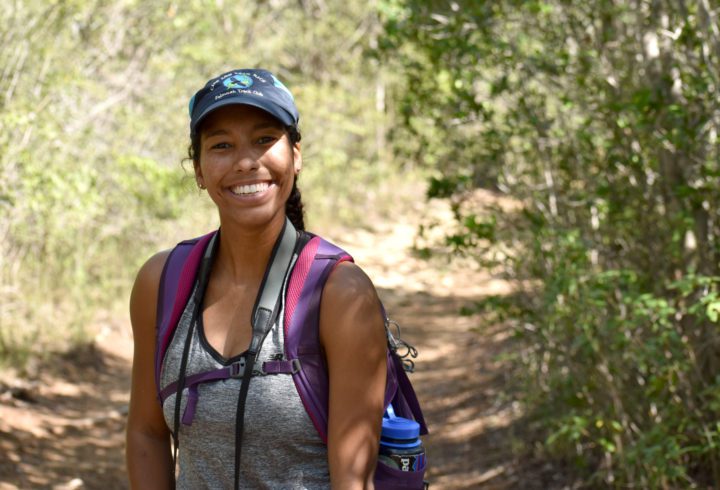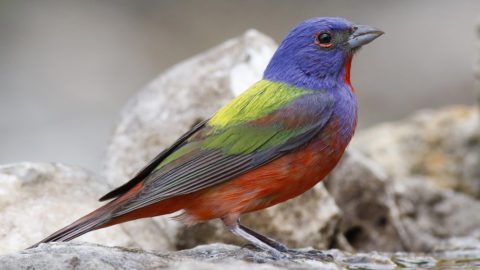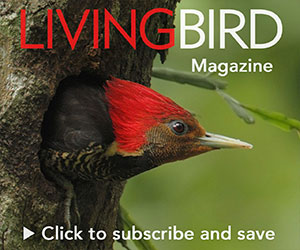5 Key Lessons To Take Home From the First #BlackBirdersWeek
By Gustave Axelson
June 6, 2020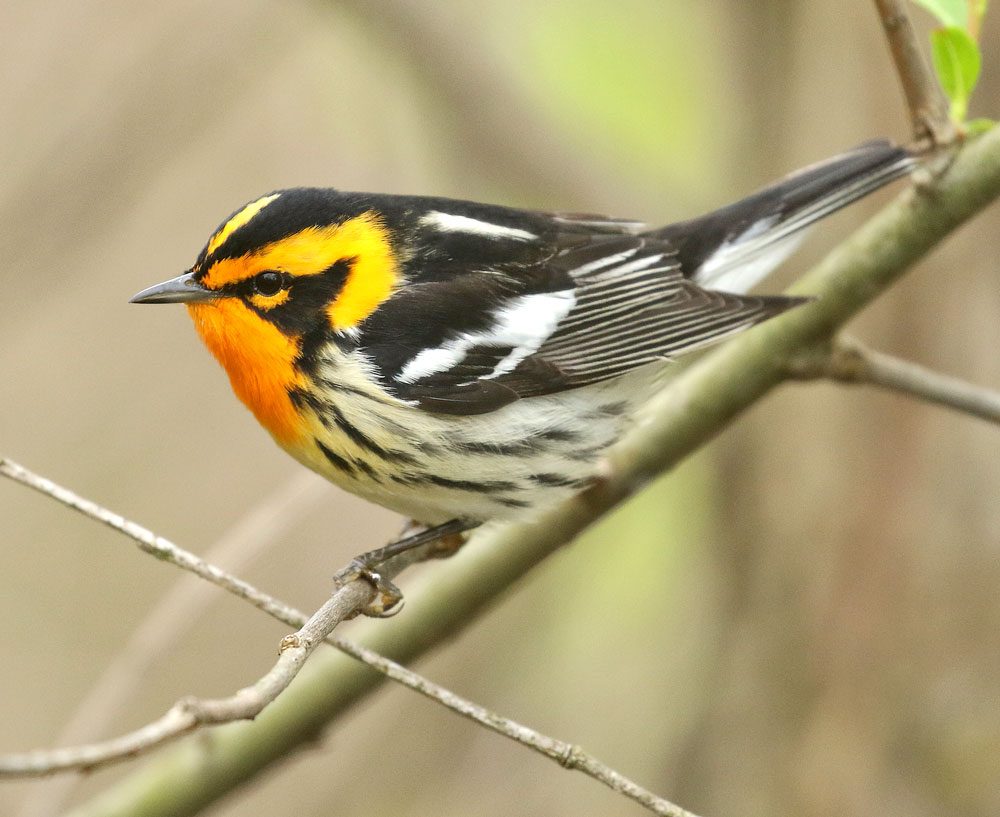
From the Summer 2020 issue of Living Bird magazine. Subscribe now.
Birder Christian Cooper’s “happy place,” as he calls it, is New York City’s Central Park in spring. He remembers how he fell in love with it.
“One moment, there was a Blackburnian Warbler at eye level, about arm’s length from me … just throwing its head back and belting out the song,” Cooper recalled on a Facebook livestream discussion on June 4. “I was paralyzed. I couldn’t move.”
Just last week, on May 25, Cooper’s right to safely go birding in public was threatened—one of a recent string of incidents that exposed inequalities that Black people face in America. In a now-infamous video exchange, a woman falsely accused Cooper of threatening violence and called the police after Cooper asked her to leash her dog. The incident went viral online and was covered widely in the news. Soon, a group of about 30 young birders had organized a #BlackBirdersWeek as a place for discussions to flourish about the experience of birding while Black.
Over the course of nearly 9 hours of Instagram and Facebook Live events, thousands of questions, at least 7 hashtags, and more than 50,000 viewers, the participants discussed themes both weighty and whimsical—from feeling safe in the field to favorite bird song mnemonics. Following are just a few of the recurring themes that surfaced during the week.

Meet some of the cofounders of #BlackBirdersWeek. Juita Martinez, PhD student, University of Louisiana, Lafayette. @JuitaMartinez. Photo courtesy of Ms. Martinez. 
Jeffrey M. Ward, naturalist and science communicator. @JeffreyMWard. Photo courtesy of Mr. Ward. 
Corina Newsome, graduate student, Georgia Southern University. @hood_naturalist. Photo courtesy of Ms. Newsome. 
Tykee James, Government Affairs Coordinator, National Audubon Society. @Tykee_James. Photo courtesy of Mr. James. 
Danielle Belleny, wildlife biologist. @bellzisbirding. Photo courtesy of Ms. Belleny. 
Nicole Jackson, environmental educator. @wildlifegirl09. Photo courtesy of Ms. Jackson. 
Amber Wendler, PhD student, Virginia Tech. @amberwendler. Photo courtesy of Ms. Wendler.
The Cooper incident wasn’t unusual; Black birders often feel unwelcome
“I think it’s important for us to discuss it specifically in the birding community, because there are so many places where I think we [as Black birders] are vulnerable and perhaps feel unwelcome,” Cooper said during the June 4 livestream.
Deja Perkins, a graduate student at North Carolina State University studying urban ecology, said she’s been followed while doing her fieldwork: “I’ve had an individual come outside with her dog and follow me around. I’ve had the cops sit across the street. I don’t want to have to rush to get done with my fieldwork. No one should feel like they can’t do their job because of the color of their skin.”
Jeffrey Ward, a Black Birders Week cofounder, recounted another uneasy experience searching for Grasshopper Sparrows in the countryside in Georgia: “We stopped at a fast food restaurant, and a pickup truck swerved in front of me and rolled down the window, and [they] screamed, ‘Jesus isn’t Black!’ So, I wouldn’t go there alone.”
Please Read This
Happy places are essential
As Audubon’s Tykee James told CNN this week, birdwatching is a source of joy in a world that is often painful. “When I’m in [a] cynical mindset,” he said, “The only thing that gets me out is the joy and unapologetic strength and style of Black birders.”
During livestream discussions, panelists took turns describing their own personal happy places, and the list of special birding spots spanned the nation. Sheridan Alford, a graduate student in natural resources at the University of Georgia, said she favors “a porch in the Appalachian Mountains, [where] miraculously all the birds fly by, red and purple, in a beautiful rainbow.”
And for wildlife biologist Danielle Belleny, it’s birding near Tucson, Arizona, “seeing hummingbirds, and maybe an Elegant Trogon or two.”
Please don’t dismiss talk about the Black birding experience as “political”
On social media, one of the most frequent objections to #BlackBirdersWeek was the suggestion that birding should not be politicized and that white birders don’t “see color.” To such posts, Alford replies: “I think putting that [political] label on it is dismissive and putting a blanket over it, because you don’t want to see it anymore. ‘Political’ is just a cop-out.”
“They’re rejecting my humanity,” said Corina Newsome, who studies Seaside Sparrows at Georgia Southern University. “When they tell me something is too political, the chasm between their experiences and mine … can result in misunderstanding. I want to bring my humanity into the conversation.”
White birders need to stop censoring our experiences by dismissing the subject as “political” when we bring our concerns to the table. #AskABlackBirder
— Corina Newsome, M.Sc. (@hood_naturalist) June 3, 2020
How to Help? Start with Sincerity and a Smile
In a separate conversation, #BlackBirdersWeek co-organizers Juita Martinez and Danielle Belleny outlined some simple ways that white birders can be welcoming to Black birders.
- Acknowledge, smile, and be friendly
- Strike up a sincere conversation, as one birder to another
- Don’t make assumptions about a birder’s skill based on their appearance
- Speak up for Black birders in the field if you witness others being disrespectful or intolerant
- Expand your flock: invite others to join your bird walk
How to take it farther? Martinez and Belleny also noted that two fundamental obstacles for Black people interested in birding are the availability of binoculars; and the accessibility of safe, local, urban greenspaces. Working to increase access to these two basic resources is essential.—Reporting by Jenna Curtis, eBird Project Co-Leader.
Representation Matters
The big idea behind #BlackBirdersWeek was representing Black birders within the broader birding community, said event co-organizer Juita Martinez, a PhD student at the University of Louisiana, Lafayette who studies Brown Pelicans.
“BlackBirdersWeek really aims to create a space where Black people can be visible, and to let everyone out there know that there are systematic barriers, especially racism, that can prevent Black people from utilizing these spaces and enjoying birds, like everyone else who isn’t Black might be enjoying them,” says Martinez. “We hope that this event will start a movement to change that narrative.”
On the social media meetups, there was also lots of talk about how people can support Black birders. Alford offered this advice: “If you see a Black person or a person of color… and you consider yourself an ally, try to make [them] comfortable. Go talk to them. Not with the condescending tone of ‘Why are you here?’ But start with something like, ‘What’s the last cool bird you’ve seen?’ Just an icebreaker.”
Cooper said the best way forward for birders is to “help each other out, regardless of race, creed, color, sexual orientation. The birds don’t care. Why should we?”
This article was published in 2020. In 2021, the text was edited to remove mention of a prominent birder after serious allegations of sexual assault came to light.

All About Birds
is a free resource
Available for everyone,
funded by donors like you
American Kestrel by Blair Dudeck / Macaulay Library

